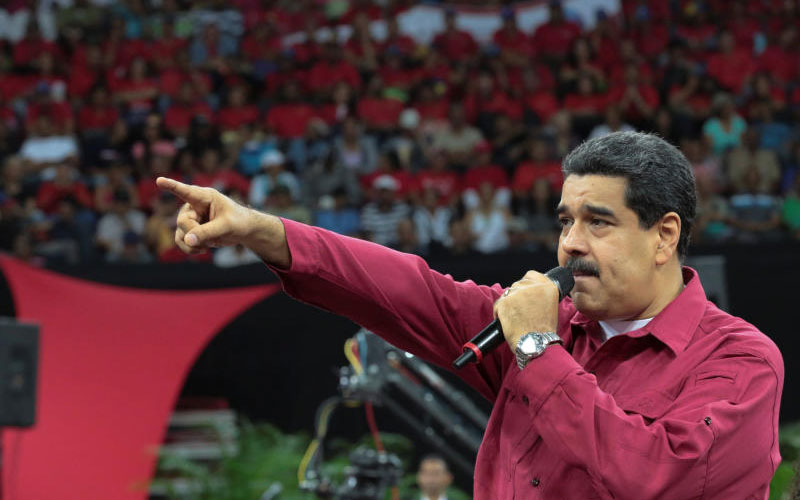×
The Standard e-Paper
Smart Minds Choose Us

Yaneidi Guzman has lost a third of her weight over the past three years as Venezuela’s economic collapse made food unaffordable and she now hopes the opposition will succeed in bringing urgently needed foreign aid to the South American country.
Guzman’s clothes hang limply off her gaunt frame. The 38-year-old is one of many Venezuelans suffering from malnutrition as the once-prosperous, oil-rich OPEC nation has seen its economy halve in size over the last five years under President Nicolas Maduro.